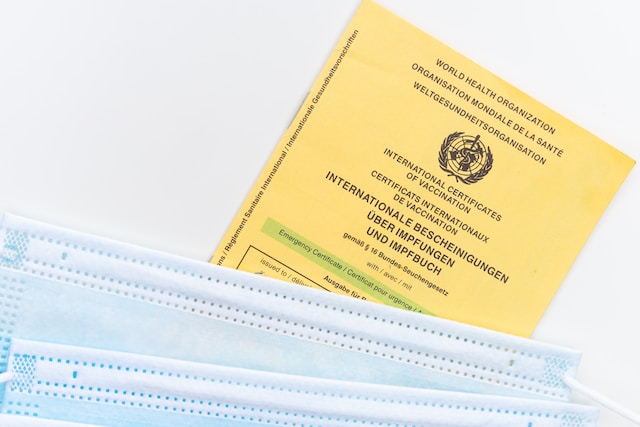Aspartame, a popular artificial sweetener used in various food and beverage products, has long been a subject of debate regarding its potential health effects. The World Health Organization (WHO) is at the forefront of cancer research and regularly evaluates the safety of substances. In this article, we delve into WHO’s latest insights on aspartame sweetener and its classification as a possible carcinogen. Let’s explore the scientific evidence and understand the controversies surrounding this widely used sugar substitute.
Understanding Aspartame
Aspartame is an artificial sweetener that is approximately 200 times sweeter than table sugar (sucrose). It is commonly found in diet sodas, sugar-free gum, low-calorie desserts, and various other products labeled as “diet” or “sugar-free.” Aspartame is composed of two amino acids: phenylalanine and aspartic acid, along with a small amount of methanol.
Controversies and Safety Concerns
Over the years, aspartame has faced criticism and safety concerns from various sources, including anecdotal reports and online rumors. However, it is essential to rely on scientific evidence and regulatory bodies’ assessments to form an informed opinion.
The Role of WHO’s Cancer Research Agency
WHO’s International Agency for Research on Cancer (IARC) is responsible for evaluating the carcinogenicity of various substances, including food additives. In 2015, the IARC conducted a comprehensive review of the available scientific literature on aspartame and its potential relationship with cancer.
IARC Classification: Possible Carcinogen
Based on the assessment by the IARC, aspartame was classified as a Group 2B substance, indicating that it is possibly carcinogenic to humans. This classification does not imply that aspartame definitively causes cancer but suggests that there is limited evidence supporting its potential carcinogenicity.
Scientific Evidence and Limitations
The classification of aspartame as a possible carcinogen by the IARC was primarily based on studies conducted on animals. These studies involved exposing rodents to high doses of aspartame, far exceeding the normal human consumption levels. It is worth noting that the observed effects in animal studies may not directly translate to humans.
The IARC acknowledged that there is a lack of strong, consistent evidence from human studies to establish a conclusive link between aspartame consumption and cancer. Numerous studies, including extensive reviews and meta-analyses, have failed to demonstrate a consistent association between aspartame and increased cancer risk in humans.
Regulatory Authorities and Safety Standards
Despite the IARC’s classification, regulatory bodies worldwide, such as the U.S. Food and Drug Administration (FDA) and the European Food Safety Authority (EFSA), have reviewed the scientific literature and concluded that aspartame is safe for consumption within approved limits. These regulatory agencies have established Acceptable Daily Intake (ADI) levels, which represent the amount of aspartame considered safe for daily consumption.
Balancing Consumption and Individual Factors
As with any food or beverage ingredient, moderation is key when consuming products containing aspartame. Individuals with specific health conditions, such as phenylketonuria (PKU), need to be mindful of their aspartame intake due to the phenylalanine content. Consulting healthcare professionals can provide personalized advice based on individual circumstances.
Conclusion
The controversy surrounding aspartame sweetener’s potential carcinogenicity has garnered attention for years. WHO’s cancer research agency, the IARC, classified aspartame as a possible carcinogen based on animal studies. However, extensive reviews of human studies have failed to establish a consistent link between aspartame consumption and cancer in humans.
Regulatory authorities worldwide continue to deem aspartame safe for consumption within approved limits. As with any food additive, it is essential to consume aspartame in moderation and consider individual factors. By relying on scientific evidence and regulatory assessments, individuals can make informed choices about their dietary habits.
Remember, maintaining a balanced and varied diet, along with an overall healthy lifestyle, is key to promoting well-being and reducing the risk of chronic diseases, including cancer.












